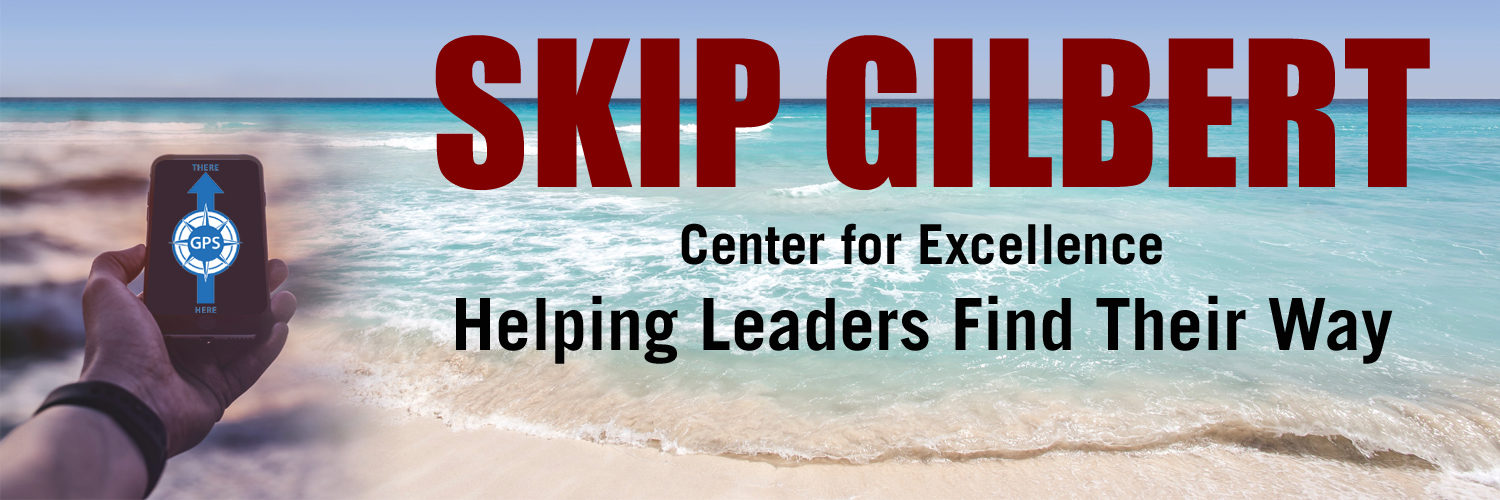Take Time to Seek Advice

“All of us, at certain moments in our lives, need to take advice and receive help from others.” — Alexis Carrel
There are times when the best thing we can do is to seek advice from someone with more knowledge, wisdom or differing point of view. We do not know everything and we all have flat spots that keep us from having a full perspective on every subject. There are times we need to ask others for their advice so that we can gain more information, sort through the perspectives and come to an informed opinion.
No matter the area of our personal or professional lives, we are always encountering new choices that require additional information to allow us to make a good decision. Whether choosing a new car or making an investment for our retirement or a tough decision at work, we need additional information to form a thoughtful perspective as a basis to make our best decision.
A starting point is often seeking more knowledge. We need more facts and reality-based information to help us know more about the subject and the options. Which are the best products or services, are there alternatives, what do they cost and what benefit do they return? These are just a few examples of the core fact finding that we need to pursue to become more informed on the subject, before moving forward.
The next area to pursue in forming our perspective is to seek the wisdom of others. In this area there are many tools we can use to seek the perspective of others. By examining the feedback others have provided through reviews and comments we can gain the benefit of their opinion. Examples include looking at the ratings and discussions on an Amazon purchase or considering the feedback on Yelp about a restaurant. In addition we can talk to others that have experience with the product or service we may be considering or talk with others that have made the same decision recently.
Before fully forming our own perspective, we should consider the opinions of those with a differing point of view. Consider carefully why others hold a different opinion. Is it a majority or minority opinion? Using the Amazon example, we should carefully consider the advice of the few that gave a lower rating in their feedback. Was their feedback based on actual use while others were commenting on the initial purchase? Was the restaurant review based on actual experience or reflection of the way it used to be? There is real value in understanding the objection as well as the recommendation.
The best people to turn to are people that have traveled this road before. These people have been through some sort of evaluation process and came to a conclusion. If they moved forward with a purchase or entered into an agreement to move forward, they will have a first-hand view of the relative success of their decision. We may not agree with their decision process or even their eventual choice, but we will have another data point from another perspective to base the formation of our perspective.
We need to be prepared to sort through the advice and separate the fact from opinion. Both are good, but we use them in different ways. The facts are the things that actually happened or are directly provable as part of our evaluation, while opinion is the qualitative review of the decision and can vary with the bias and experience of the person providing the feedback. Both are good forms of input and ultimately help paint an accurate portrayal of the opportunity. We just need to be sure that we separate the two in our consideration of the appropriate action to take.
Now that we are more deeply informed, we will need to consider all of the input and synthesize a perspective. Considering the facts, opinions and experiences we will need to decide which point of view best represents our findings. There will be facts that help us understand the full dimensions of our choice and opinions that both support our inclination and challenge it. Ultimately, we will have to make a decision, but now we are at a point of much higher knowledge upon which to base our decision. Having completed our analysis, we can make our decision and know that we made the best decision we could at the time.
So how can we seek advice to improve our decision making? Here are 4 tips for seeking advice:
1) Carefully frame the question. – In order to gain knowledge and opinion that is meaningful in helping our decision process, we need to make sure that we are asking the questions in such a way that it clearly focuses on the issue being pursued.
2) Consider the source. – When seeking advice, consider the source. Is the feedback biased in a specific direction or bias free? Do they have first-hand experience or are they expressing perception? All of the options are fine as long as we understand the nature of the perspective.
3) Evaluate the input. – Consider all of the input and understand the upside and risks of both the move forward and do-nothing options.
4) Form our perspective. – We will never have enough information, but based upon our research, we are now in a much better place to make a decision than when we started. Form a perspective and act accordingly knowing that we made the best decision possible at the time.
I hope you have found this helpful in your decision-making process. I look forward to hearing more from you on how you seek advice and make decisions.
Thanks,
Skip Gilbert

Please note: I reserve the right to delete comments that are offensive or off-topic.